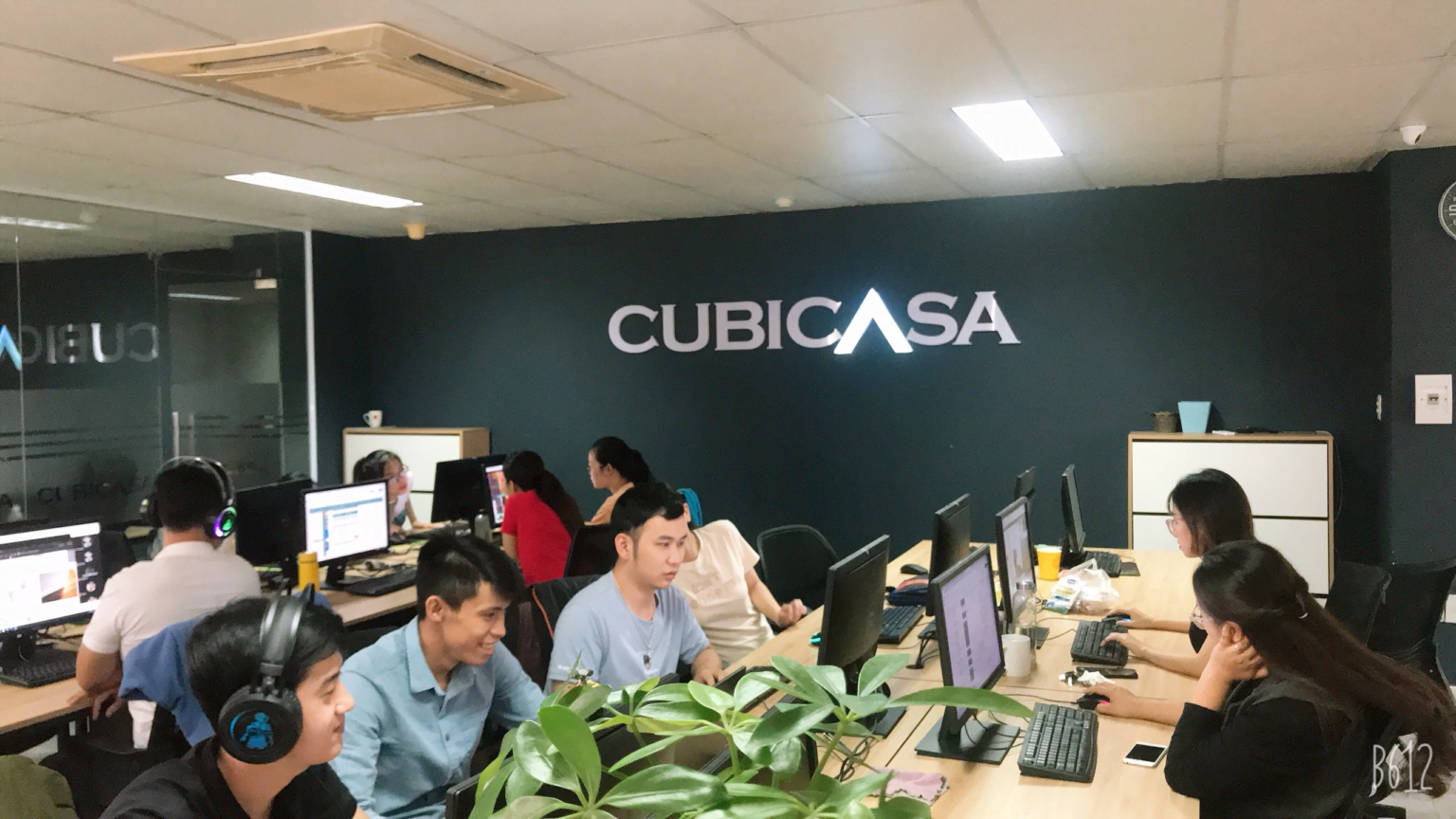Technology company looks to Vietnam to boost its growth

Finnish company CubiCasa was able to continue hiring new employees and training them in Vietnam during the pandemic by conducting some of the planned training activities remotely. Finnpartnership’s support helped the company establish itself in the country quickly.
For several years, CubiCasa, which produces software and digital services for the real estate industry, contracted work out to freelancers in Vietnam. Over time, however, the company, which is headquartered in Oulu, became convinced that establishing a subsidiary in Vietnam to consolidate its growing business activities was the next step forward.
“We started thinking about establishing ourselves in Vietnam so that we could offer our freelancers full-time positions in the company along with all the associated benefits. The business would also benefit, as having permanent staff in Vietnam would allow us to maintain a steady output,” explains CubiCasa’s Production Chief Nguyen Ho Van Anh.
The subsidiary company’s head office is in Ho Chi Minh City. The new technical team, which is responsible for software development, is also located there. The company’s second office is in Hue in central Vietnam, and hosts part of their production staff.
The company already has more than 300 employees in Vietnam
CubiCasa received Business Partnership Support from Finnpartnership to help it establish its new subsidiary and launch business activities. The company also received support for training their new Vietnamese employees.
“Thanks to Finnpartnership, we’ve been able to complete the project in Vietnam faster and on a grander scale than would have been possible with only our own existing resources,” Nguyen Ho Van Anh says.
The paperwork associated with the establishment of the subsidiary company took longer than expected, but recruitment of new staff has taken off quickly. In spring 2021, CubiCasa already had more than 300 employees in Vietnam.
CubiCasa used a local recruiting company to help find their initial employees, but it is now recruiting directly for production positions.
“Hiring full-time staff is easier and more efficient when we’re on location ourselves.”
More than half of the company’s employees in Vietnam are women
Many of CubiCasa’s employees previously did freelance work for the company.
More than half of the company’s employees are women.
Nguyen Ho Van Anh explains that the recruitment process prioritises unemployed women and applicants from lower-income groups.
“Our goal is to create jobs for low-income population groups. A fixed salary does a lot to help families raise their standard of living.”
“In Vietnam, women often have to compromise their careers to take care of their families. We are able to offer them flexible terms of employment, as all they need in order to work from home is a laptop and an Internet connection.”
In addition to IT skills, employees also learn other important employment skills, such as teamwork, communication, financial planning and the importance of setting goals. “This will be useful to them later in their careers, as well,” Nguyen Ho Van Anh notes.
However, finding staff for the technical team set up in Vietnam has not been easy. The job not only requires IT expertise but also good English language skills to communicate closely and effectively with the parent company in Finland.
“Applicants with both these skillsets are in relatively short supply in Vietnam.”
Even under emergency conditions, work moved forward safely
The coronavirus pandemic slowed down CubiCasa’s business expansion in Vietnam somewhat, but the company quickly found new ways of operating under these exceptional conditions.
According to Nguyen Ho Van Anh, flexible work practices have proved invaluable during the pandemic. The strict restrictions on movement put in place in Vietnam prevented employees from coming to the office, but thanks to remote connections, they were able to continue working from home.
Even training new employees remotely has been successful and the expenses relating to the remote training could also be included in the Business Partnership Support project budget.
“Before, we would always train new people face-to-face, but during the coronavirus pandemic, we transitioned entirely to remote training with the instructors located in Finland. It required us to develop new training methods and produce more digital training materials.”
Image: CubiCasa
Share on social media


